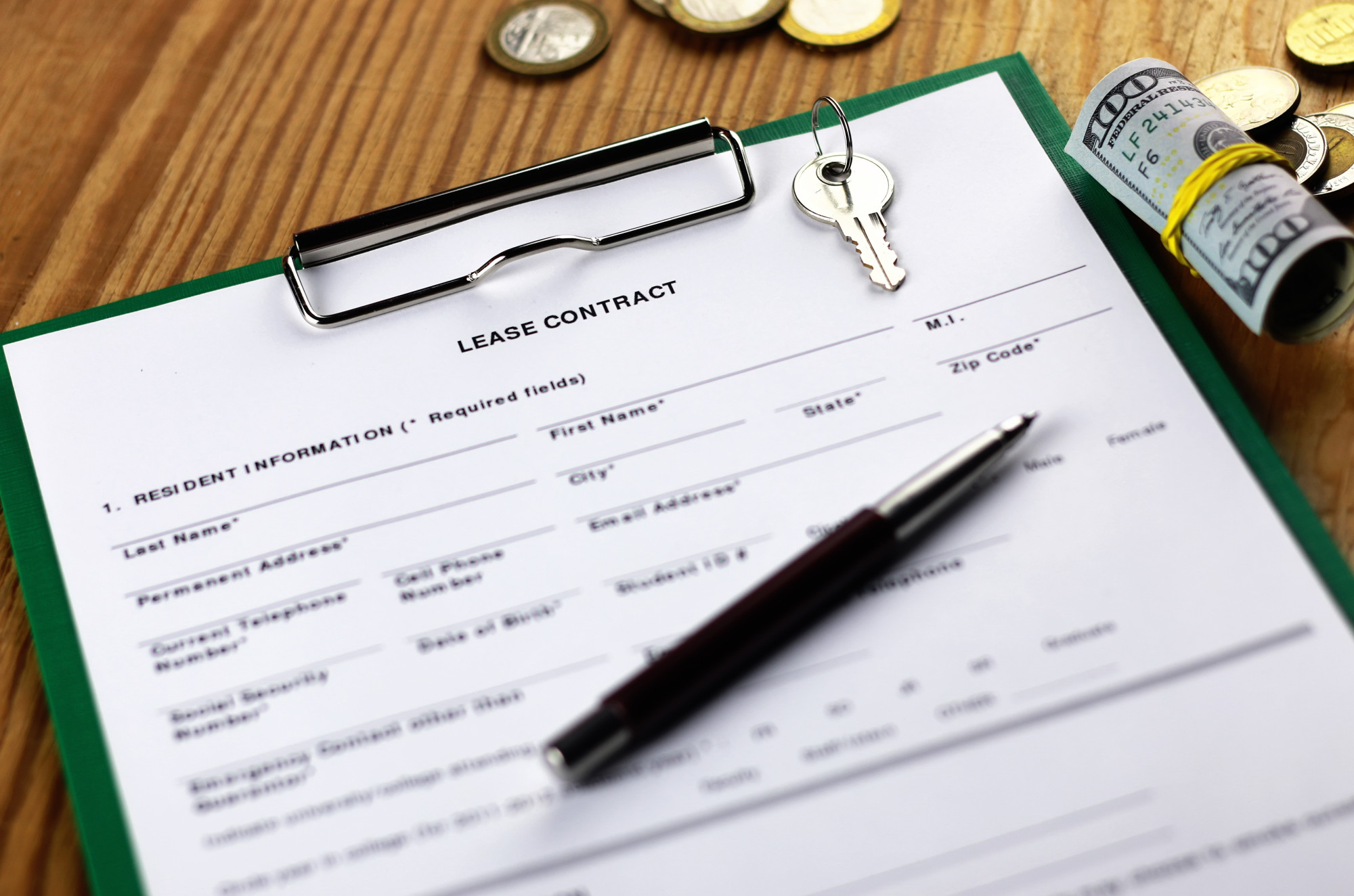The rental vacancy rate in the US was 6.8% in mid-2019. That's as low as it's been since the 1980s.
When your rental property is empty, you're losing potential income. So if you have great tenants, keeping them in your property means more money for you.
In order to keep good tenants in your property, you'll have to go through the lease renewals process. On top of that, you'll want to know why you would pursue lease renewals and when to get the process started.
We're going to tell you all that and more in this quick guide to lease renewals in Las Vegas, NV.
Why Choose Lease Renewals?
You only want to offer lease renewals to good tenants. Good tenants are those who pay their rent on time, take great care of your rental property, and behave respectfully with neighbors.
By offering lease renewals, you can keep those great tenants in your property. That saves you both time and energy on repairs and renovations, tenant screening, advertising, and showing your property.
On the other hand, you wouldn't want to offer lease renewals to nightmare tenants. Those are the tenants that skip rent payments, don't take care of the property, complain often, or who are disrespectful to neighbors.
How to Do Lease Renewals
There are three simple steps to lease renewals. Those are preparation, drafting a new lease, and signing the lease. We detail each of these below.
1. Preparation
Your tenants may have questions regarding increases in rent, changes to policies, etc. You'll need to be prepared to answer those questions.
Think about whether you want to increase the rent and what justification you have for doing so. Also, consider whether you'd be willing to negotiate items such as moving from a year lease to month-to-month. If your tenants ask for upgrades, decide how much you're willing to invest.
2. Drafting a New Lease
After sitting down and speaking with your tenants about any potential changes, it's time to draft a new lease. It's possible that your tenants will still want to negotiate after drafting this lease, so be prepared for that. If you're not willing to make any changes, you'll have to go back to the negotiating table to ensure you've covered all the right points in the new lease agreement.
Consider speaking with a professional about what should be included in your lease, if you didn't do that the first time around.
3. Signing the New Lease
After coming to an agreement on all the terms of the lease, you can sign it. Both parties should read and understand all the details of the lease.
File the new lease along with the old lease for references. You may also consider keeping electronic copies.
When to Offer Lease Renewals
You lose income when your property is empty so timing is key. If you want to pursue a lease renewal, notify your tenants at least 90 days before the original lease is up and ask for a response within 30 days.
That gives the tenants time to consider whether they want to renew. If they decide not to, you have at least 60 days to find new tenants.
Working with Professional on Lease Renewals and More
Lease renewals can be a complicated process. That's especially true if your tenants want to negotiate new terms.
But working with professionals on lease renewals and other rental needs can save you time and energy. Contact us to find out how our property management services can benefit you.






 Bonnie is the visionary that has driven the company and culture of Avalon since 1993. Her passion is improving procedures and practices; incorporating technology and value added services for both our clients and tenants.
Bonnie is the visionary that has driven the company and culture of Avalon since 1993. Her passion is improving procedures and practices; incorporating technology and value added services for both our clients and tenants.